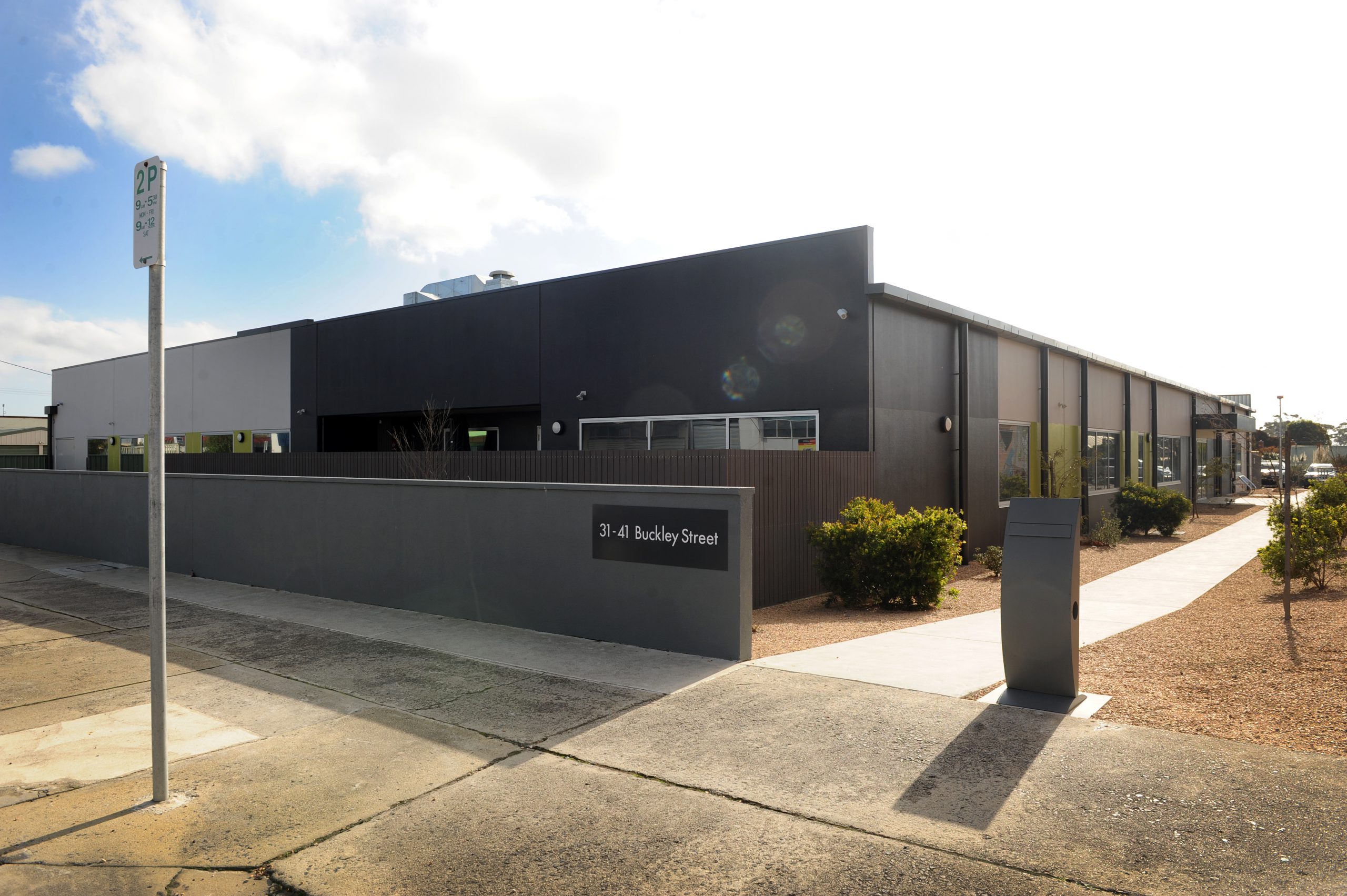Men who have been sexually abused often avoid seeking help until a major event like a relationship breakdown or suicide attempt occurs in their life, according to research by Gippsland Centre Against Sexual Assault.
The same research showed men who did seek help after experiencing sexual abuse, often as a child, said they would not be alive today if they hadn’t sought the appropriate assistance in the first place.
Preliminary data from the Seeking help for sexual assault: Community attitudes and the experiences of men report shows men often waited decades before reporting historical abuse, particularly in the case of institutional abuse allegations.
The research coincided with a community awareness campaign launched on Monday for students who were abused while attending St Paul’s Catholic College, Traralgon in the 1970s to seek compensation.
Gippsland Centre Against Sexual Assault researcher Christina Melrose said research was undertaken in a two-phase process of an online questionnaire and physical interview with men who may or may not have experienced physical abuse.
“Typically, in historical cases a lot of people don’t actually report up until decades later,” Ms Melrose said.
“Coverage of things like the group action being started at Traralgon could be a powerful catalyst for people to come forward and talk about what’s happened to them.
“In the case of institutional abuse, there’s a real power imbalance so the person who’s responsible for the harm holds some sort of power over the person that they’re exploiting. It can coerce them into silence.”
Research revealed that anecdotally men were less likely to report sexual abuse for a number of reasons including a fear of not being believed and having their sexuality questioned.
“If the person who harmed them was male, especially if they’ve had a physical response to the abuse such as arousal, that can be very confusing for the victim,” Ms Melrose said.
“We know that this is a normal physical reaction in response to sexual contact but that doesn’t mean that it’s consensual contact and it doesn’t designate a person’s sexuality.”
“On the other hand a lot of people when they initially told someone about the abuse, perhaps in childhood, weren’t believed so that impacted on their motivation or desire to report the abuse to a more formal body such as the police.”
Ms Melrose said in some cases, victims of sexual assault were often hesitant to report the matter through official streams such as a police statement.
“Our care is very client-centred so if people don’t want to report to police they’re under no obligation to do so, they can use our service for as long as they’d like to,” she said.
Counselling and advocacy services are offered through GCASA by both male and female counsellors for victims considering using the service.
If men would like to contribute to the research being undertaken by GCASA, or seek more assistance or help, phone Gippsland Centre Against Sexual Assault on 5134 3922 or visit gcasa.org.au.












